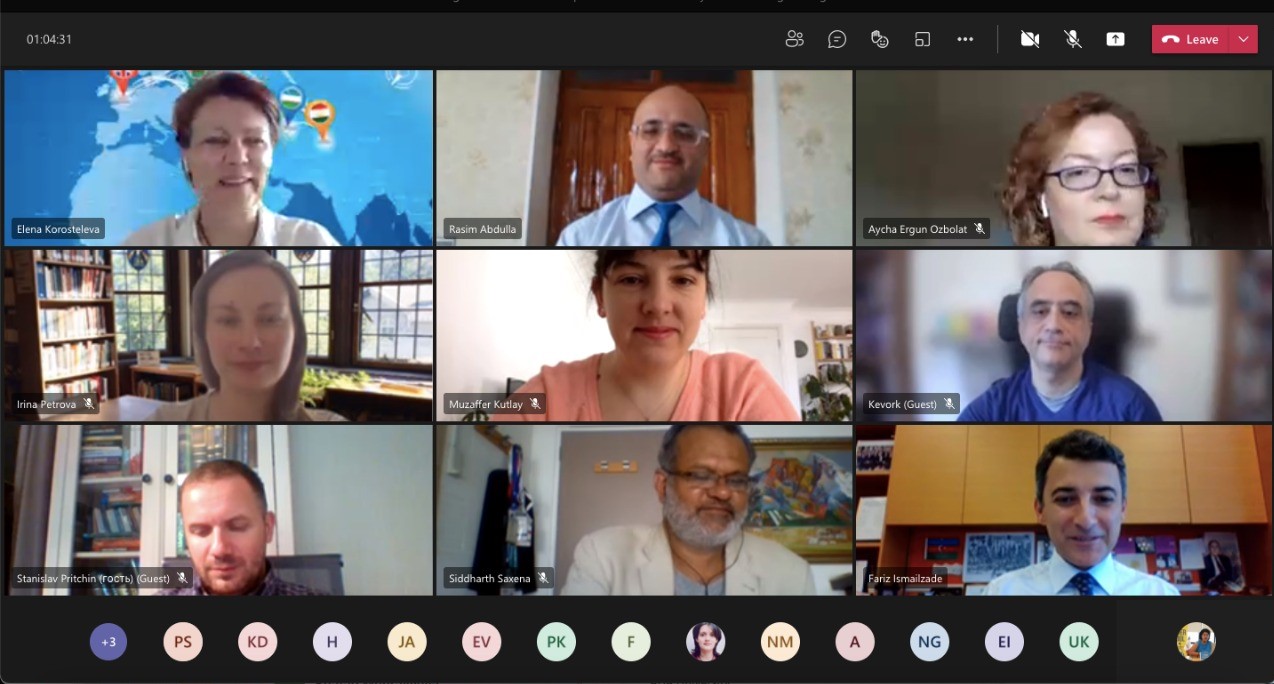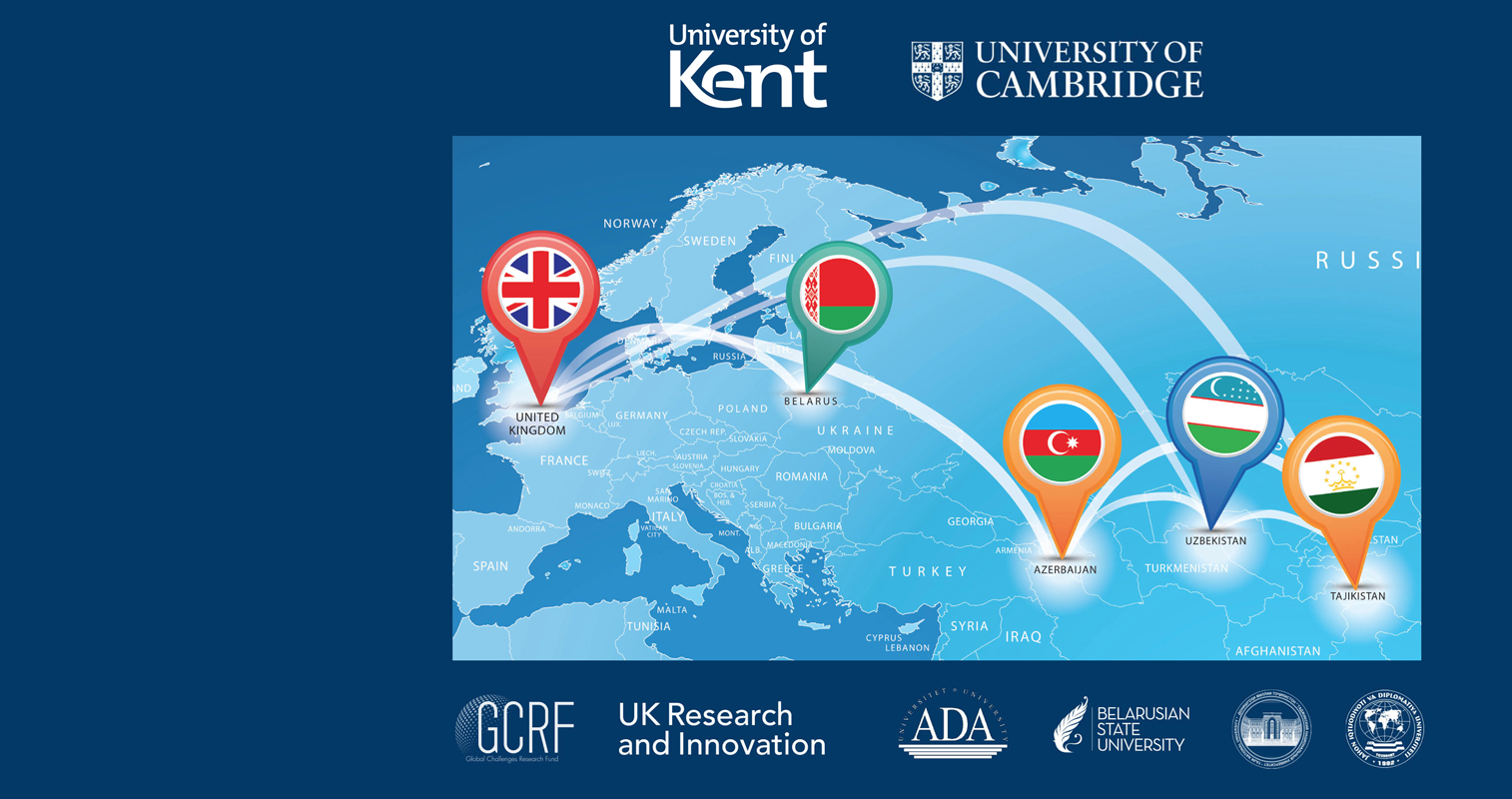The trilateral declaration by Azerbaijan, Russia, and Armenia signed in November 2020 to end the Nagorno-Karabakh conflict includes the article on the opening of all regional transport routes. In particular, the Zangazur corridor, connecting Azerbaijan with Turkey via Armenia, is discussed as an opportunity for reaching lasting peace, connectivity and integration in the South Caucasus and acceleration of local development. On June 15, 2021 international experts and academics have get together to discuss the local and international perspectives on connectivity in the Caucasus region and beyond, with a specific focus on the opportunities and challenges presented by the Zangazur corridor.
This policy workshop was organised by ADA University, under the aegis of the COMPASS project and has brought together scholars from Azerbaijan, Armenia, Russia, Turkey and Uzbekistan. It focused on discussing opportunities and challenges of transport connectivity between Azerbaijan and Armenia (via Zangazur), and normalisation of relations between the two neighbours.
The Policy Workshop has been organised by ADA University Center of Excellence in EU Studies within GCRF COMPASS Project.
.jpg)

The speakers included Fariz Ismailzade (Vice-Rector, ADA University); Kevork Oskanian (Honorary Research Fellow, University of Birmingham); Ayca Ergun (Assistant Professor, Middle East Technical University), Stanislav Pritchin (Senior Research Fellow, IMEMO RAS), and Ulugbeck Khasanov (Professor, UWED). The speakers underscored the importance of mitigating ontological insecurity in the region, by way of bringing in commercial connectivity projects, paying heed to cultural sensitivity of historical animosities and looking constructively into the future and the common good for all parties concerned.
.jpg)

